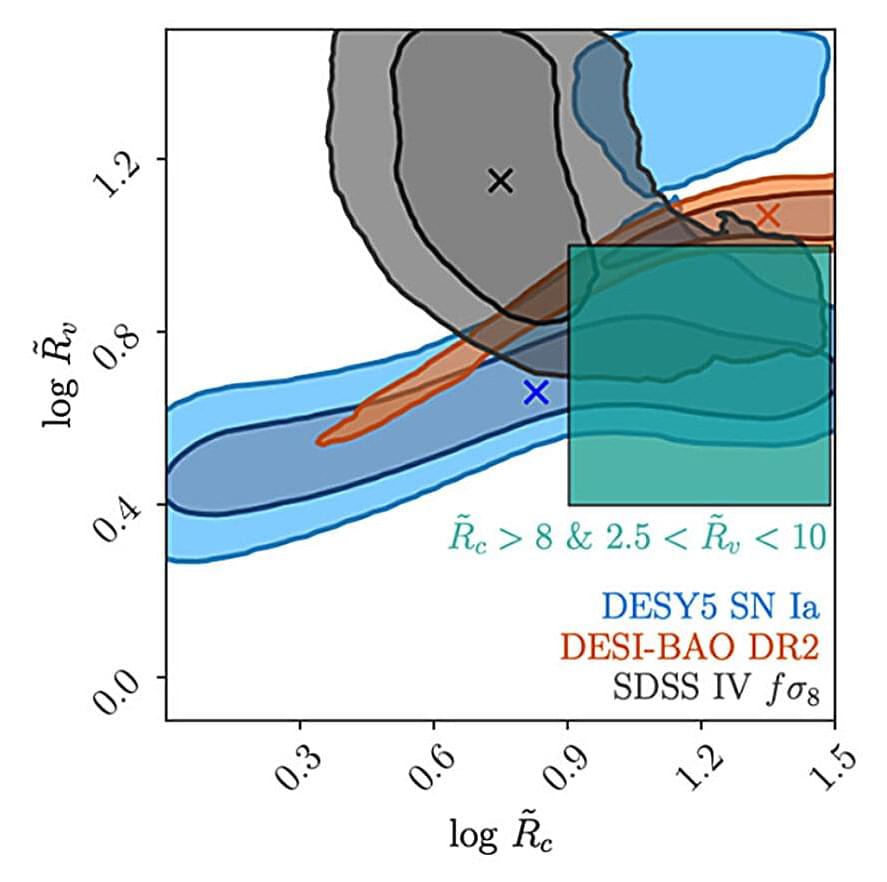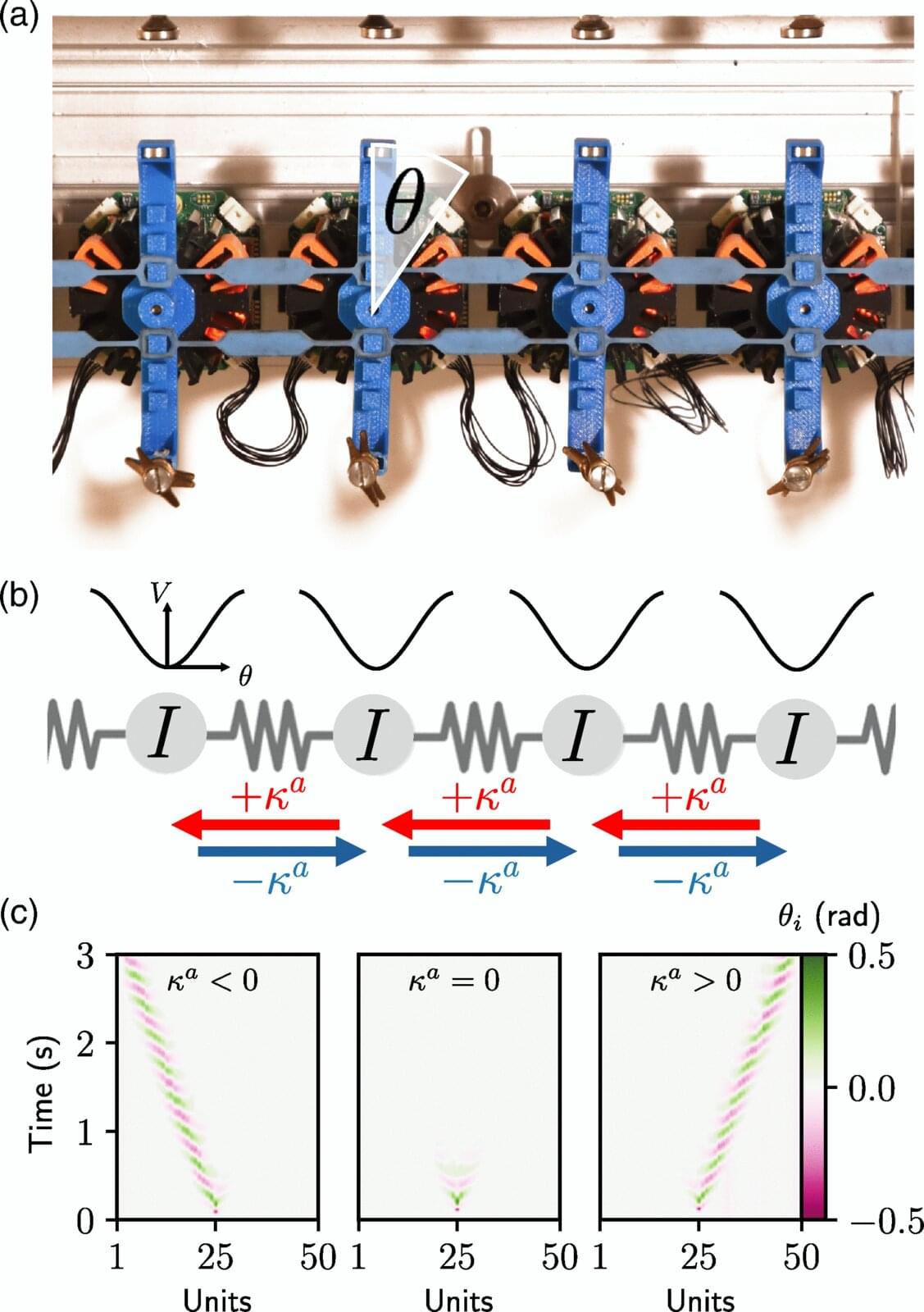Large language models (LLMs) excel at using textual reasoning to understand the context of a document and provide a logical answer about its contents. But these same LLMs often struggle to correctly answer even the simplest math problems.
Textual reasoning is usually a less-than-ideal way to deliberate over computational or algorithmic tasks. While some LLMs can generate code like Python to handle symbolic queries, the models don’t always know when to use code, or what kind of code would work best.
LLMs, it seems, may need a coach to steer them toward the best technique.
Enter CodeSteer, a smart assistant developed by MIT researchers that guides an LLM to switch between code and text generation until it correctly answers a query. (Strangely like a text editor “CodeSteer”🤔)
CodeSteer is a smart assistant from MIT that automatically guides large language models to switch between generating text and code, and to refine its response, until it answers a query correctly.







